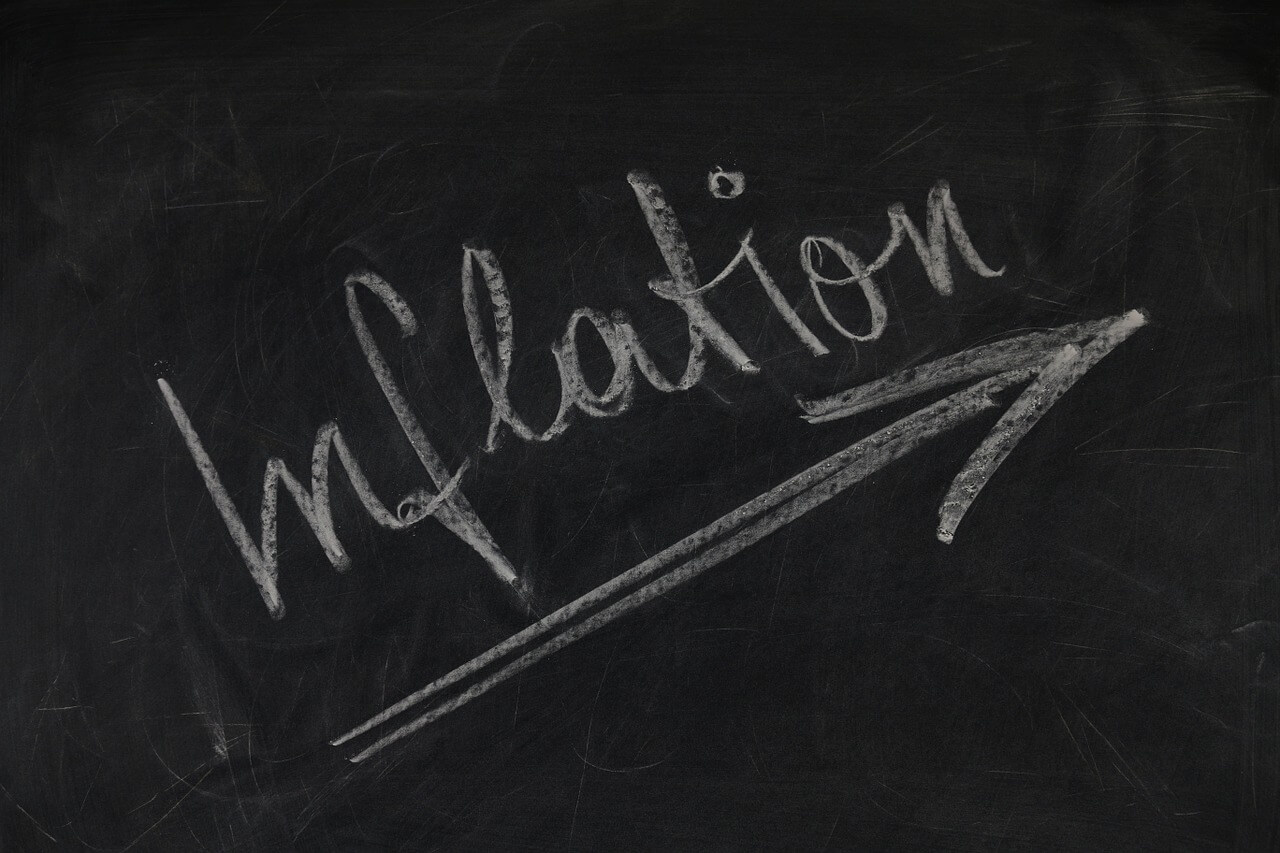Before 2017 ended, Philippine President Rodrigo Duterte signed the Tax Reform bill or Tax Reform for Acceleration and Inclusion Act (TRAIN). In this bill, taxes are increased for several products like cigars, petroleum, and other basic goods.
See: Duterte Signs Tax Reform Bill And 2018 Budget
By November the country’s inflation has risen by 3.3 percent which carried over to December. In 2018, economists are expecting that the inflation rate will continue going upward because of the higher taxes.

A projected 3.3 percent year-on-year rise in the prices of basic goods in December were confirmed by IHS Markit Asia-Pacific chief economist Rajiv Biswas, DBS Bank Ltd. economist Gundy Cahyadi and ANZ Research economist for South and Southeast Asia Eugenia F. Victorino.
Biswas projects an increase in the headline consumer price index (CPI) inflation rate because of the impact of the implementation of TRAIN’s first stage.
Along with TRAIN comes higher indirect taxes that will in turn result to higher inflation rate that is seen to reach “the top end of the Bangko Sentral ng Pilipinas’ target range of 2-4 percent by mid-2018,”
Since the increases in indirect taxes have a temporary impact on headline inflation and will no longer be factored in after 12 months in the CPI calculation, Biswas told Inquirer “the BSP (Bangko Sentral ng Pilipinas) should look into this temporary factor when assessing the inflation outlook for its monetary policy decision.”
“Tighter monetary policy is necessary to keep inflation expectations anchored to the central bank’s target range,” Victorino said, adding that “the first phase of tax reform will put further upside pressure on headline prices.”
However, Ateneo de Manila University economics professor Alvin P. Ang along with Land Bank of the Philippines market economist Guian Angelo S Dumalagan both projected a slightly lower percent hike of 3.2 percent.
“Inflation likely fell to 3.2 percent (in December) mainly due to slower annual increases in oil prices, food costs and government spending. The unexpected appreciation of the peso might have also contributed to lower inflation by making imported goods more affordable in local currency terms,”
“The rate of increase in consumer prices might pick up in January because of the TRAIN. Weaker inflation gives the BSP more room to keep policy rates steady even as a rate hike this year is still generally expected amid the persistent monetary tightening of the US Fed and the inflationary impact of the country’s tax bill,”
- 5 Lessons That Hui Mathews Learned When Her Startup Failed - March 27, 2018
- 7 Business Ideas For Pet Lovers - March 15, 2018
- 12 Arts And Crafts Related Business Ideas To Make Money Out Of Your Talents - March 5, 2018





